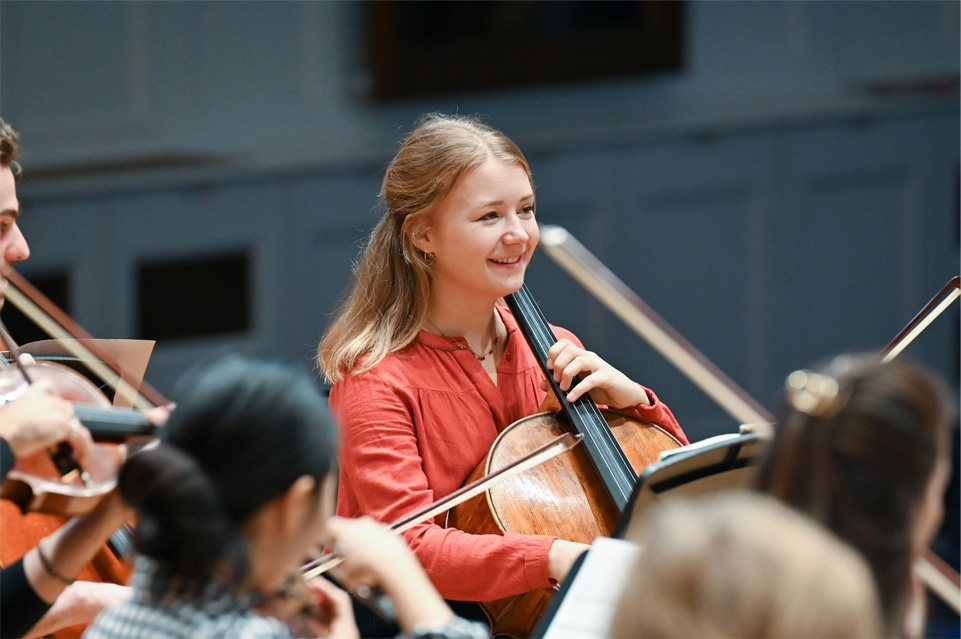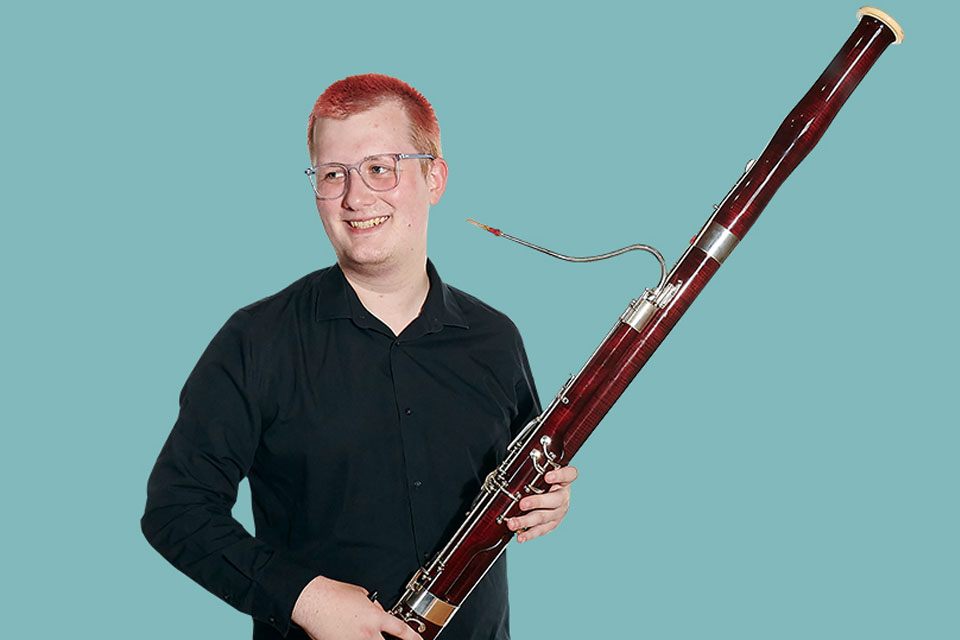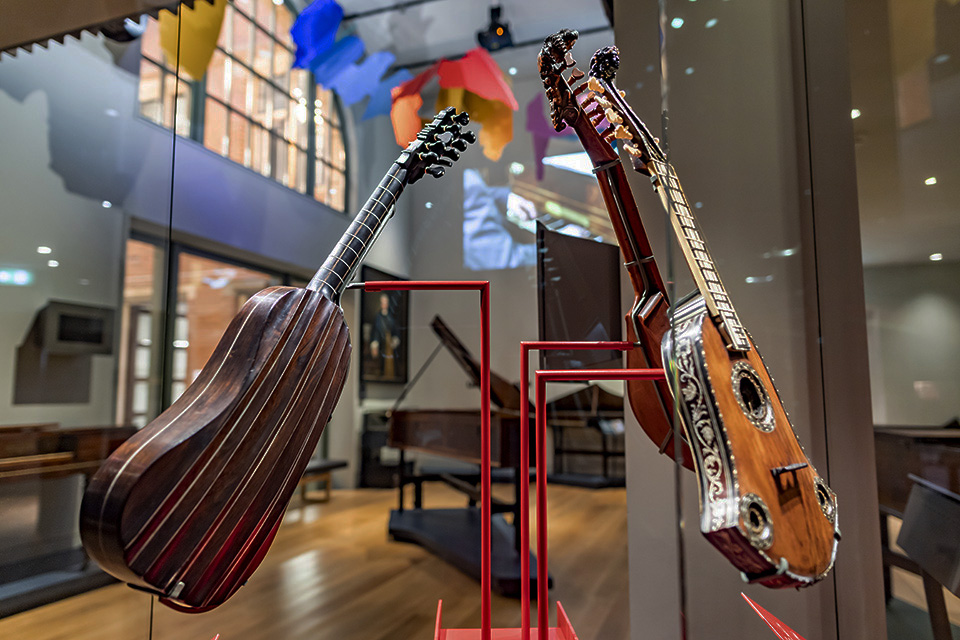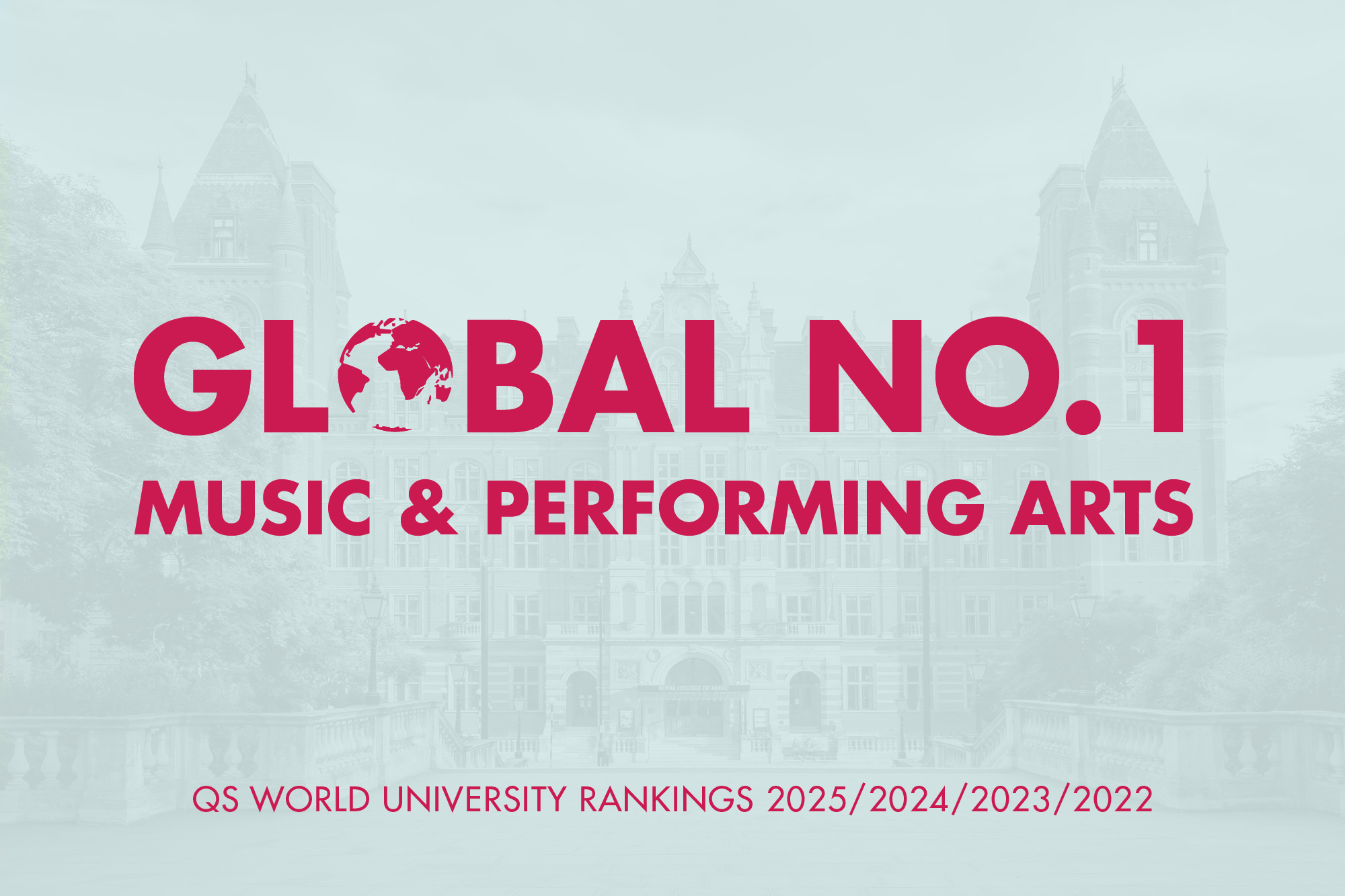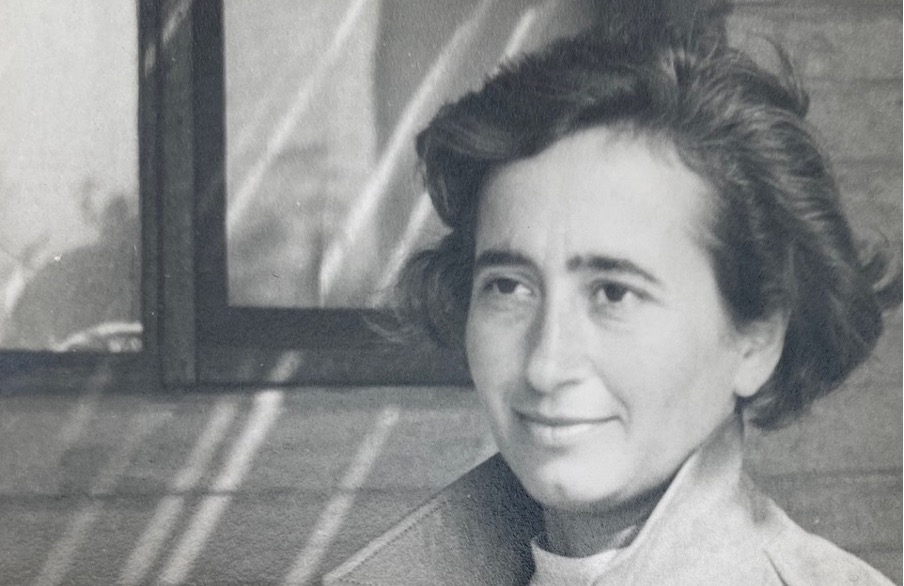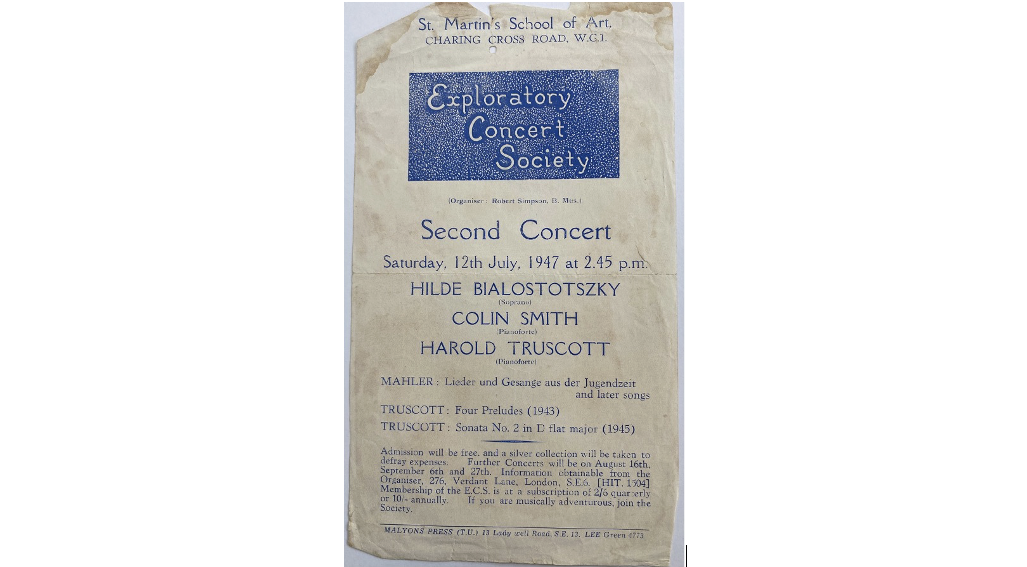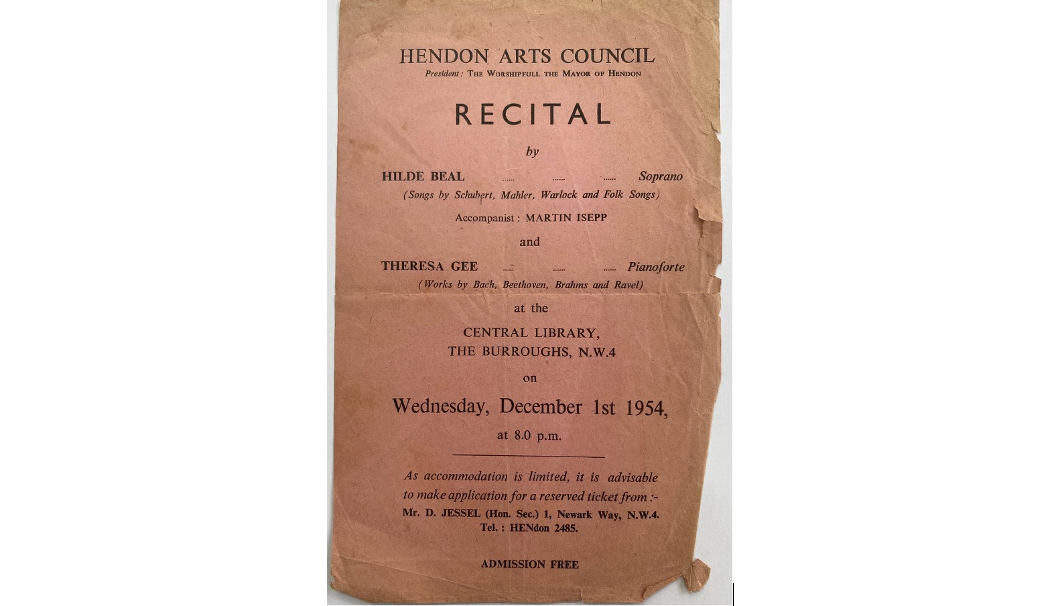Singer, German language coach; born 22 August 1922 in Berlin.
Author: Maurice Pearton
Hilde Beal (Bialostotzky), born on 22 August 1922 in Berlin, was the first of two daughters of non-practicing Jewish parents, the successful painter Kurt Bialostotzky and Edith, née Arzt who worked for her father in a wine-catering business. At the age of 14, Hilde had just started her second year in a secondary school, when her education was terminated because she was Jewish. For the same reason, Hilde lost her employment as a home help with a lady in Berlin who was forced to let her go but gave her a very favourable letter of recommendation. The 1936 Nuremberg Laws required the registration of all Jews of Germany. When in 1938 Edith-by then divorced-had to appear in front of the authorities, she was told that there was no doubt about her being Jewish, but that her family had not been registered in Prussia when her grandfather moved there (at the time, he only took the German name 'Arzt' being an herbalist, this was how the locals referred to him). In consequence, Edith and all the members of her side of the family were not legally German citizens and therefore had to leave the country. This saved their lives. Edith and her two daughters, Hilde, and Eva, left Germany at the beginning of 1939, aiming to go to America where she had relatives, but arriving in England, she decided to stay.
While her mother found employment in Kent, the 16-year-old Hilde was taken under the wing of the gardener Maria Dehn as her apprentice at a boarding school in Sussex. Together they moved to Trench Hall where the co-educational Bunce Court boarding school for Jewish and non-Jewish children had been relocated from South Germany. Led by the influential educator Anna Esslinger, it placed great emphasis on music and arts education. Hilde was allowed to attend all the classes of her choice. At last, she had found a place where she could continue her interrupted education, although, she could not take part in her examinations because she was also registered as an employee.
Hilde's talent for music was soon recognized, singing Dido in Purcell's 'Dido and Aeneas' and performing German Lieder. This eventually led to her gaining a 3-year scholarship to study singing at the Guildhall School of Music and Drama in London after the war. Hilde sang professionally in concerts and opera, performing with the chorus of The Royal Opera Covent Garden. It was there that her career as a German language coach started.
Working alongside George Solti and many other great conductors and well-known directors, Hilde became an expert in German diction and supported many legendary productions of German operas in Britain. As a coach she was always objective, teaching generations of singers how to interpret the meaning of the text in music and make them aware of aiding the legato line by producing consonants early and clearly. Hilde also taught at Morley College, where she met her husband, Maurice Pearton. She continued to perform as a singer, giving regular recitals, many at schools, as her particular interest in bringing music to the young. She eventually retired in the late 1980s, still being available to anyone who was asking for her advice and enjoying the cultural riches of her adopted home, London.


